With its remarkable resemblance to natural stone and numerous benefits, this synthetic alternative has gained immense popularity among architects, builders, and homeowners alike. This article delves into the various advantages of lightweight faux stone, explaining how it has revolutionized the way construction projects are carried out. 1. Cost-Effective Solution: One of the primary advantages of lightweight faux stone is its cost-effectiveness in comparison to natural stone. Traditional stone can be heavy and expensive to transport, while lightweight faux stone offers a more affordable alternative without compromising on quality or aesthetics. The reduced weight allows for easier handling and installation, resulting in significantly lower labor costs.
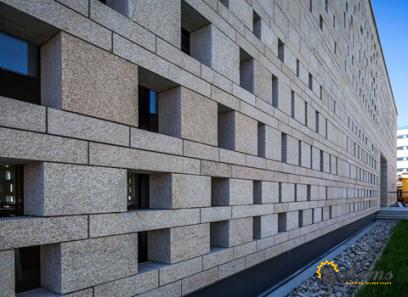
.
 2. Enhanced Versatility: Lightweight faux stone provides endless possibilities for design flexibility. It comes in a wide array of colors, textures, and styles, allowing architects and designers to create personalized and unique structures. Its versatility enables it to be seamlessly incorporated into both interior and exterior applications, offering a cohesive and visually appealing finish. 3. Ease of Installation: Compared to natural stone, lightweight faux stone is incredibly easy to install. Its lightweight nature allows for hassle-free transportation, reducing the time and effort required for installation significantly. The interlocking system commonly used for lightweight faux stone panels ensures a straightforward and secure assembly, further streamlining the installation process.
2. Enhanced Versatility: Lightweight faux stone provides endless possibilities for design flexibility. It comes in a wide array of colors, textures, and styles, allowing architects and designers to create personalized and unique structures. Its versatility enables it to be seamlessly incorporated into both interior and exterior applications, offering a cohesive and visually appealing finish. 3. Ease of Installation: Compared to natural stone, lightweight faux stone is incredibly easy to install. Its lightweight nature allows for hassle-free transportation, reducing the time and effort required for installation significantly. The interlocking system commonly used for lightweight faux stone panels ensures a straightforward and secure assembly, further streamlining the installation process.
..
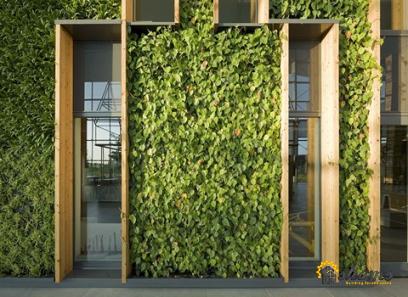 4. Durability and Sustainability: Unlike natural stone, lightweight faux stone is manufactured to withstand the test of time. It is engineered to resist fading, chipping, and deterioration from weather elements, ensuring its long-lasting durability. Additionally, as a synthetic material, it requires less maintenance and is resistant to pests, making it an attractive option for sustainable construction practices. 5. Energy Efficiency: The lightweight composition of faux stone allows for improved insulation properties in buildings. Its effective insulation helps regulate internal temperatures and reduce energy consumption, resulting in lower heating and cooling costs. This aspect, combined with its authentic appearance, makes lightweight faux stone an ideal choice for homeowners seeking both aesthetic appeal and energy efficiency.
4. Durability and Sustainability: Unlike natural stone, lightweight faux stone is manufactured to withstand the test of time. It is engineered to resist fading, chipping, and deterioration from weather elements, ensuring its long-lasting durability. Additionally, as a synthetic material, it requires less maintenance and is resistant to pests, making it an attractive option for sustainable construction practices. 5. Energy Efficiency: The lightweight composition of faux stone allows for improved insulation properties in buildings. Its effective insulation helps regulate internal temperatures and reduce energy consumption, resulting in lower heating and cooling costs. This aspect, combined with its authentic appearance, makes lightweight faux stone an ideal choice for homeowners seeking both aesthetic appeal and energy efficiency.
…
 6. Weight Reduction and Structural Advantages: The inherent lightweight nature of faux stone offers numerous structural benefits. Unlike natural stone, which can exert substantial weight on structures, lightweight faux stone reduces the load-bearing requirements of a building. This reduction in weight opens up possibilities for constructing on a wider range of surfaces, making it an excellent solution for renovations or additions where weight restrictions may exist. Conclusion: Lightweight faux stone has undoubtedly revolutionized the construction industry. Its affordability, versatility, ease of installation, durability, energy efficiency, and structural advantages have made it an appealing alternative to natural stone. With its authentic appearance and low-maintenance properties, lightweight faux stone enhances the aesthetics and functionality of buildings while simultaneously reducing costs. As the demand for sustainable and visually appealing construction materials continues to rise, lightweight faux stone remains at the forefront of innovative solutions, paving the way for an efficient and eco-friendly future.
6. Weight Reduction and Structural Advantages: The inherent lightweight nature of faux stone offers numerous structural benefits. Unlike natural stone, which can exert substantial weight on structures, lightweight faux stone reduces the load-bearing requirements of a building. This reduction in weight opens up possibilities for constructing on a wider range of surfaces, making it an excellent solution for renovations or additions where weight restrictions may exist. Conclusion: Lightweight faux stone has undoubtedly revolutionized the construction industry. Its affordability, versatility, ease of installation, durability, energy efficiency, and structural advantages have made it an appealing alternative to natural stone. With its authentic appearance and low-maintenance properties, lightweight faux stone enhances the aesthetics and functionality of buildings while simultaneously reducing costs. As the demand for sustainable and visually appealing construction materials continues to rise, lightweight faux stone remains at the forefront of innovative solutions, paving the way for an efficient and eco-friendly future.

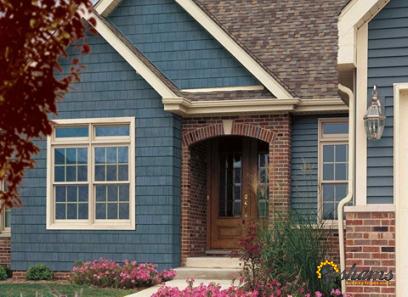

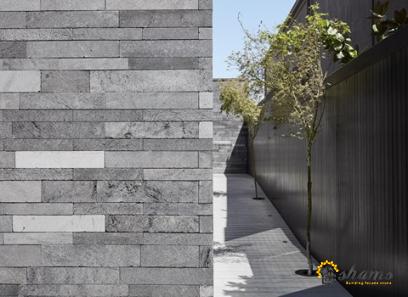
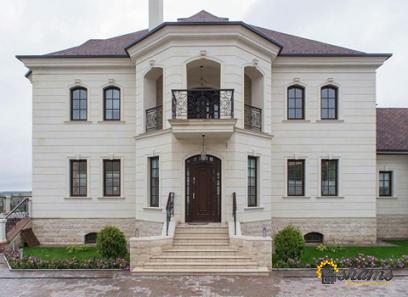
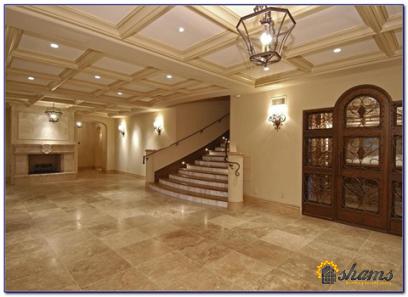

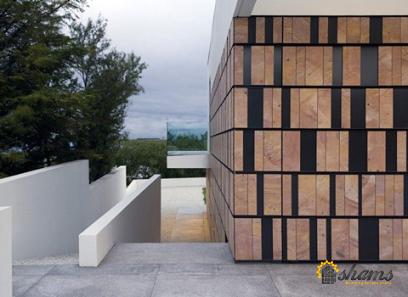
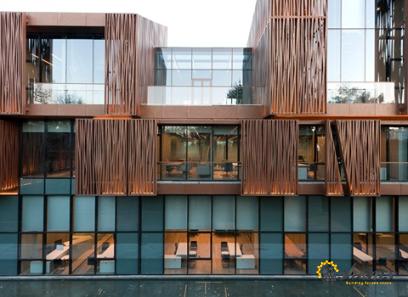
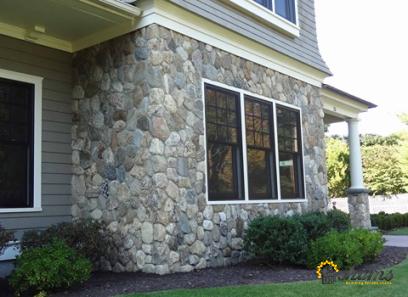

Your comment submitted.